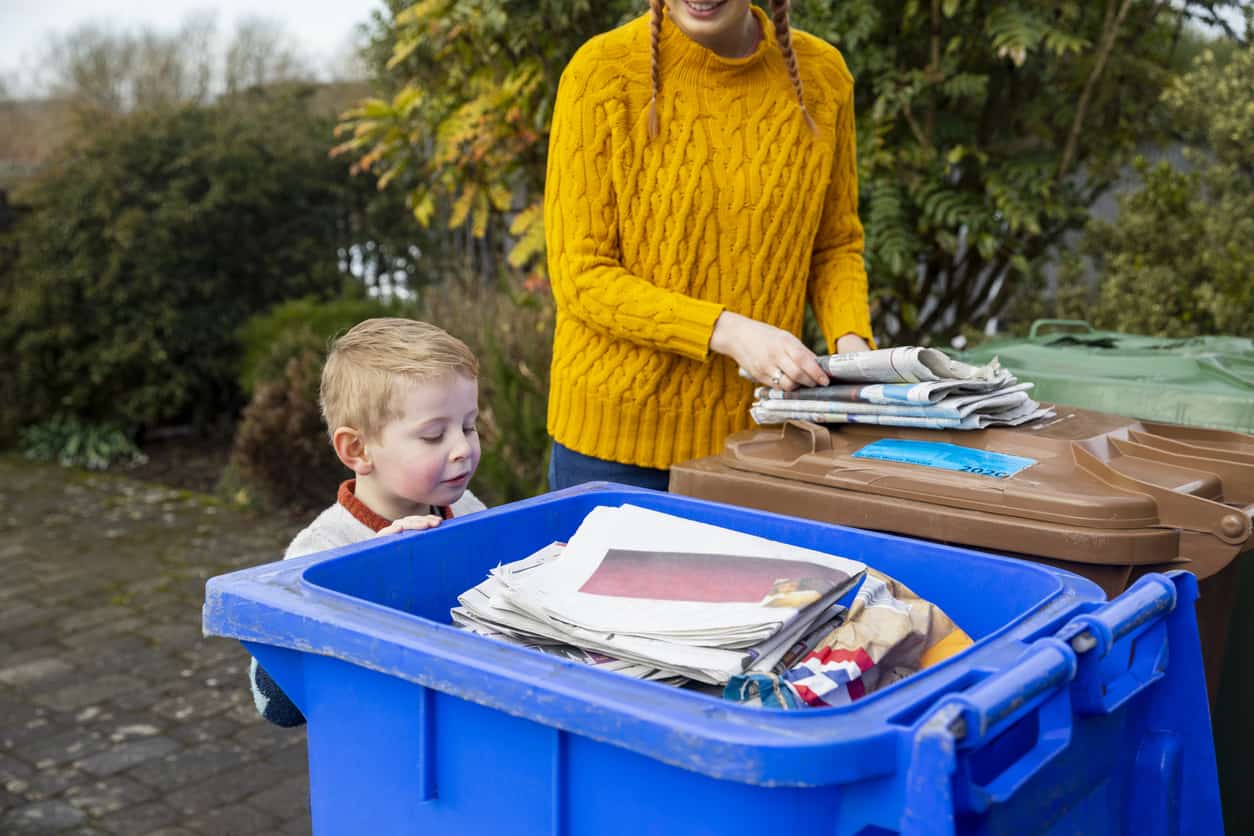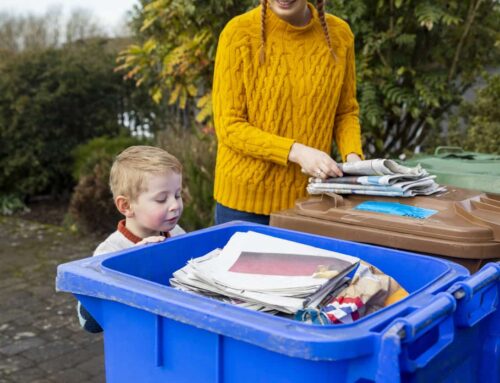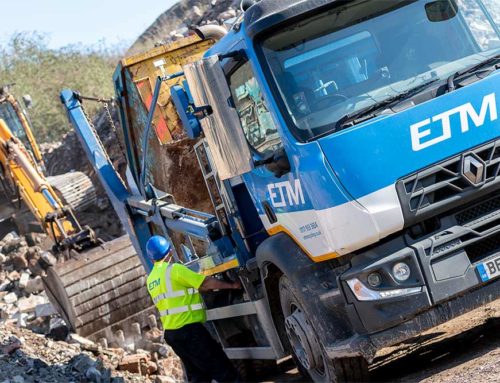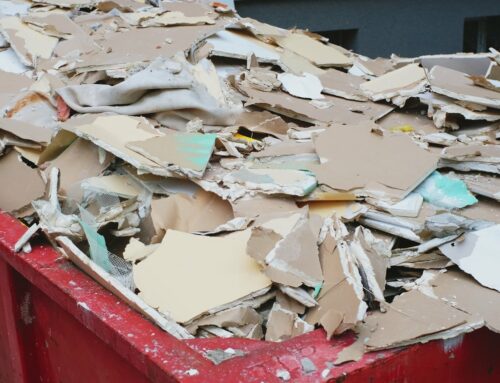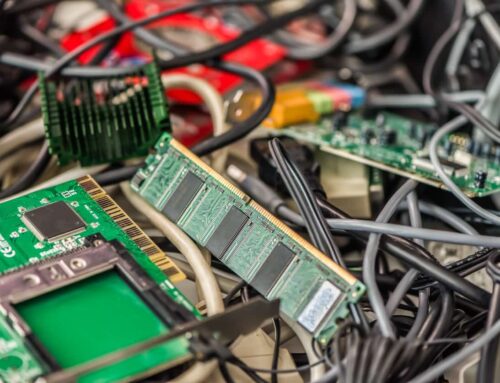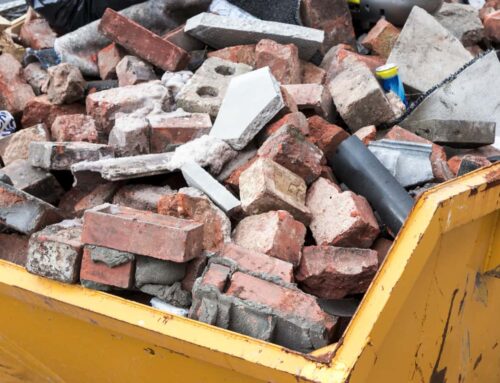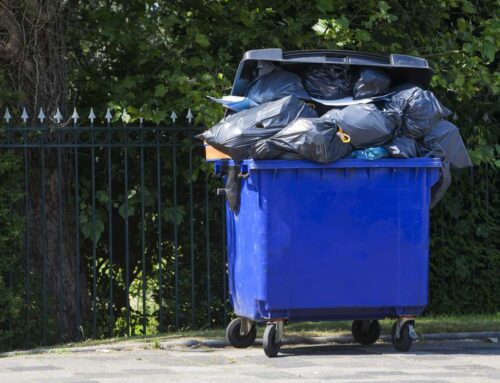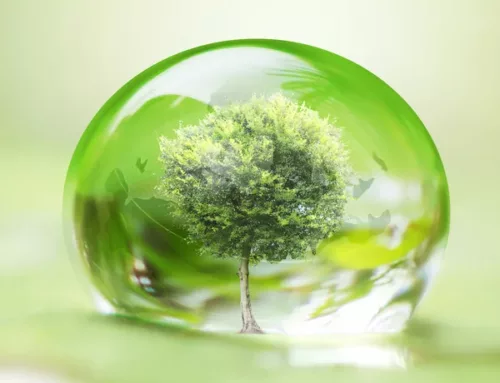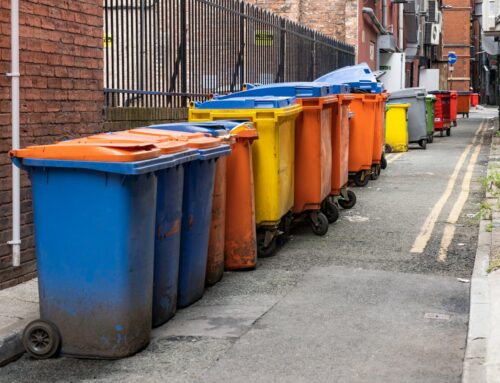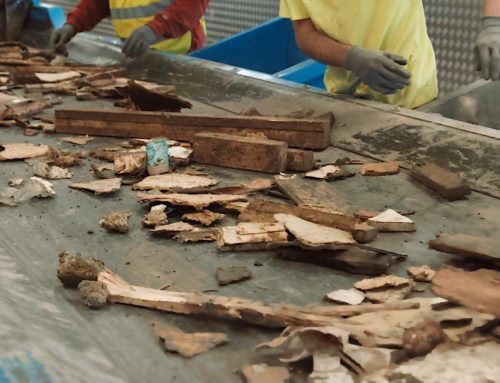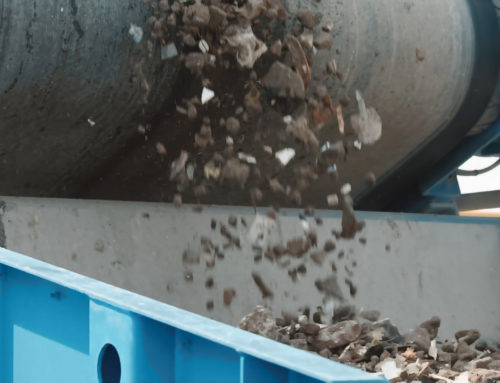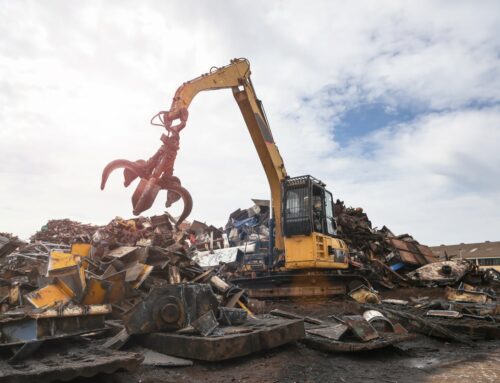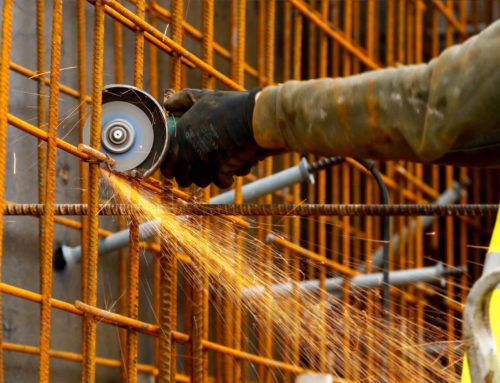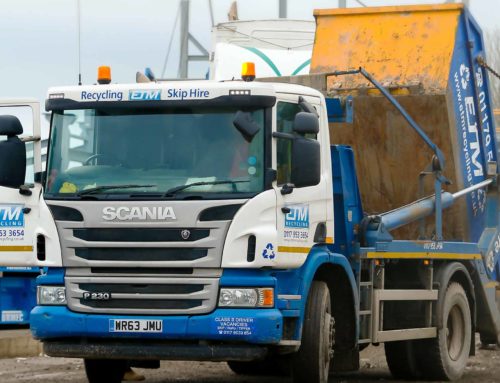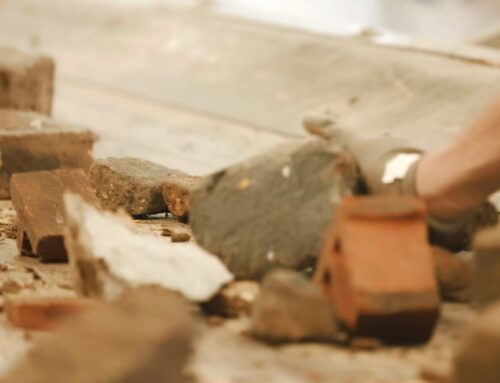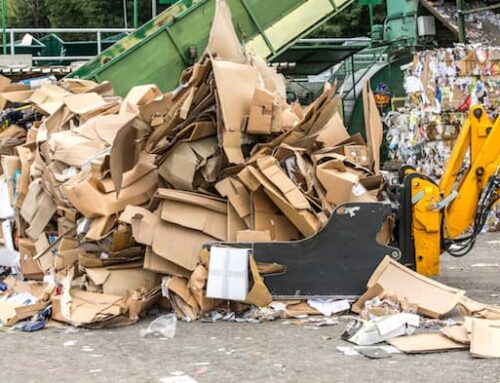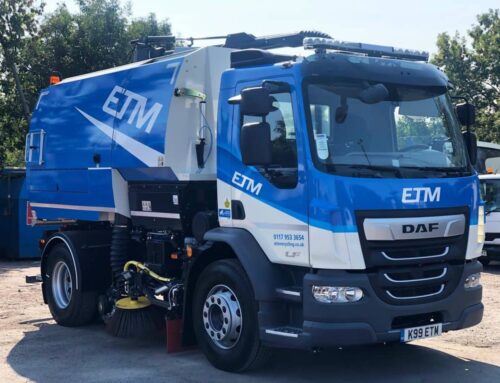Climate change continues to pose a challenge to households and businesses worldwide. In the face of this, new and improved ways of recycling pave the way to modern-day sustainability.
While the uptake of recycling initiatives continues to increase, further advancements in recycling methods and recycling technology are required. Luckily, innovations in both of these areas are sparking exciting changes in the recycling space.
In this blog from ETM Recycling, we discuss the latest trends in recycling – including new recycled materials, new recycling methods and new recycling technologies.
For more information about recycling methods and practices, visit our blog, articles include How Schools can Reduce their Paper Waste, How to Achieve Zero Waste in Restaurants and What is a Waste Stream?
New recycled materials
Some of the most prevalent innovations in recycling technology fall under the category of new recycled materials. In fact, new recycled materials are becoming more and more commonplace in our society’s everyday structure. Examples include:
Recycled Bricks – Eco bricks are an innovative solution that repurposes plastic waste for use as robust and versatile building blocks. In many instances, recycled bricks are formed from plastic bottles combined with other recycled plastic. This new material not only has environmental benefits but also offers construction engineers high degrees of insulation due to the plastic’s properties. Eco bricks not only offer an eco-friendly alternative to traditional building materials, they also divert plastic waste otherwise sent to landfill.
3D Printed Furniture – The rise in 3D printing technology is creating exciting opportunities for eco-friendly furniture. Furniture, decorative items and art installations can all be produced using 3D printing. This innovation reduces the demand for raw materials and offers an environmentally friendly alternative to traditional manufacturing methods.
Plastic Roads – Traditional Road construction is costly and uses large volumes of raw materials. Instead, plastic roads add recycled plastic waste to asphalt mix – not only reducing raw materials but maximising the lifespan of roads and pavements too. These durable and comparatively flexible road surfaces both limit the development of cracks and potholes and reduce the wider carbon footprint of highway infrastructure.
Learn more about recycling services with ETM >
New recycling methods
In addition to new recycled materials, a range of new recycling methods are continuing to emerge. These include:
Chemical Recycling
Chemical recycling works to break down plastic into its original form. Chemical recycling as an umbrella covers a range of emerging technologies that convert plastic into recyclable materials and other products.
In its most general form – chemical recycling occurs over a number of stages, the first being conversion. In the conversion stage, long-chain hydrocarbon molecules called polymers are broken down – sometimes using a process called pyrolysis (we will talk about this more later). In the next stage – decomposition, these polymers are broken down into monomers which are used to produce new plastics.
This process is often carried out using heat or chemical solvents. In the final step – purification, materials are no longer broken down. Instead, solvents are used to separate polymers from additives or polymers.
Organic Recycling
Organic recycling is another new recycling method. During the organic recycling process, biodegradable plastics undergo a controlled microbiological treatment under aerobic or anaerobic conditions. This variety of recycling is only suitable for specific polymer varieties that can be converted into stabilised organic products such as carbon dioxide, methane and water.
Learn more about managing waste sustainably >
Dissolution Recycling
During dissolution recycling, polymers in plastic waste are dissolved in the solvents – allowing them to be separated from contaminants and purified. Dissolution recycling is particularly popular in industrial contexts – examples of which include the production of:
- Polyvinyl chloride (PVC)
- Polystyrene (PS)
- Nylon (PA)
- Polypropylene (PP)
These polymers are broken down into individual high-quality monomers. These are then used to produce new polymers with the same properties as the original materials. This increases overall recycling rates and reduces the need for plastic use within the environment.
New Recycling Technology
New recycling technologies are creating several new approaches to recycling. Recycling technologies offer an advanced practical solution to overcome the challenges faced in conventional recycling practices – working to manage waste with more precision and make progress towards conserving natural resources.
Smart Bins
Smart bins are revolutionising recycling, ultimately working to reduce the quantity of waste ending up in landfill. Smart bins use Different start bins utilise different technologies including sensors, connectivity features and data analytics. For some varieties, sensors are used to streamline the sorting process by detecting the variety of materials placed into the bin and sorting it accordingly.
Artificial Intelligence
Similarly, AI-powered technologies are helping ease the sorting process associated with recycling. AI sorting machines can be used to identify and sort different types of recyclable material which both improves the efficiency of recycling and reduces risk of contamination in the recycling stream.
Smart recycling bins and AI technologies assist uptake in recycling by simplifying the recycling process. When looking to dispose of their waste, people often feel unsure about which bin or container is suitable for which item. Automatic sorting takes away this confusion and offers users peace of mind that their recycling is being processed effectively!
Pyrolysis
Pyrolysis is an innovation that converts plastic waste into usable fuel. This strand of chemical recycling allows plastic waste that can otherwise not be recycled to be transformed into an alternative resource.
During pyrolysis, plastics are often heated to extremely high temperatures while being starved of oxygen. This causes the materials to break down into smaller molecules of pyrolysis oil or gas. This by-product can be used both as fuel or to create new plastic products.
By accounting for plastics that could otherwise be deemed ‘not-recyclable’ pyrolysis technology helps reduce the amount of plastic that ends up in landfill.
Nanotechnology
Developments in nanotechnology are also helping drive improvements in the way we recycle. Nanotechnology refers to working with materials at a small structural level to create new materials, structures and devices.
Nanotechnology breaks down materials into their individual molecular parts. Doing this allows engineers to reinforce, improve or repurpose certain plastic polymers. Breaking plastics down in this way and improving them at the nano-scale layer improves their overall physical properties and maximises the opportunity for recycling and reuse within the circular economy.
Biodegradable Plastics
Biodegradable plastics are plastics that can be broken down naturally through environmental processes. One of the biggest challenges with plastic is the time it takes to break down if not recycled. Biodegradable plastics both reduce physical plastic pollution and the quantity of plastic waste sent to landfill.
Learn more about plastic recycling with ETM Recycling >
Waste Management Solutions from ETM Recycling
ETM Recycling offers some of the leading waste disposal, services across Bristol and the South West. Prioritising environmentally ethical practices, our services are perfect for businesses striving to meet their environmental goals.
Improving your approach to recycling daunting task, luckily ETM recycling is available to offer tailored guidance for businesses with our Recycling and Waste Management Services. With a wide host of industry experience and excellent local connections, we are on hand to help your business find the right recycling solutions for them. For more information about how ETM recycling could support you, enquire today.
